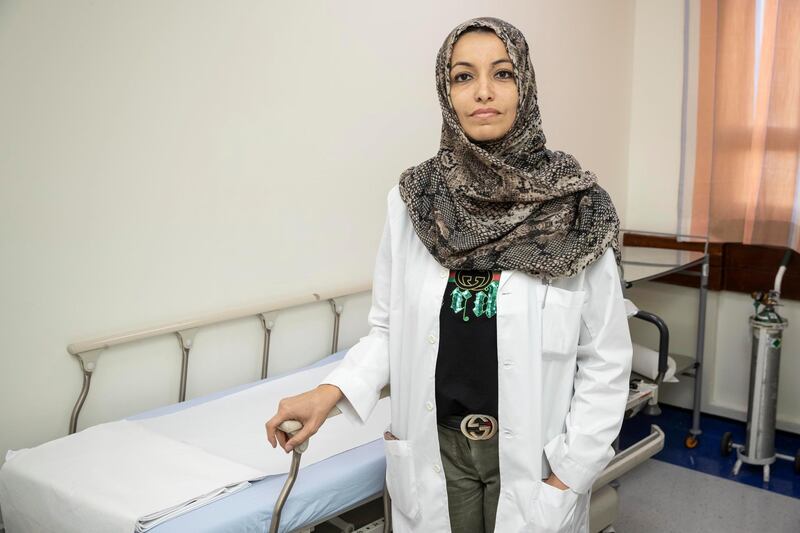A growing population of elderly people in the UAE are at risk of isolation and depression, medics have warned.
By 2050, the World Health Organisation (WHO) forecasts the planet’s population of over-60s will double to 22 per cent.
This trend is likely to be reflected in the Emirates thanks to a recent visa shake-up affording many the opportunity to remain in the country in their old age.
It could lead to doctors dealing with an increasing number of patients battling mental health issues.
Read More
[ The mid-life crisis is real and will strike at 47, new research finds ]
[ UAE psychiatrists divided on 'breakthrough' ketamine-based depression drug ]
[ 'I feel very alone': carers tell of daily struggle tending to Alzheimer's patients ]
Major life milestones like retirement or close family bereavement can push the elderly close to the edge with few older men willing to ask for help.
“The impact of depression in elderly adults is significant as the impact of experiencing loss at this age is immense,” said Mandeep Jassal, a therapist at the Priory Wellbeing Centre, Dubai.
“Loss can also be in terms of the inability to function as before, both mentally and physically.
“This notion of mortality attaches itself to depression, self-harm, self-neglect and the potential of not being able to understand what they are feeling.”
Self-harm among the elderly can be hard to spot, but is a clear indicator an older person may be in need of immediate support.
“Self-harm carries stigma irrespective of age,” said Ms Jassal.
“For the elderly, self-harm is displayed in different ways such as refusing to take medication, not eating well and neglecting their day-to-day health.”
A recent national survey found there were about 50,000 people of pensionable age in Abu Dhabi in 2017.
That number is split into some 20,000 Emiratis and 30,000 expats.
Official statistics show that in 2017, 1.3 per cent of employed people in the UAE were aged between 60 and 64 and fewer than one in 200 – 0.4 per cent – were aged over 65.
In 2017, Dubai Health Authority indicated the country's elderly population - people aged 65 and over - would surge from six per cent to 29 per cent by 2050.
Those figures could rise significantly in the wake of a ‘Golden Card’ permanent residency scheme launched last year, which opened the door to more expatriates staying on in the UAE beyond retirement age.
The government backed Ma’an initiative is taking steps to address concerns by pairing retired Emiratis with buddies and community groups to help banish isolation.
A specialist unit at Dubai's Rashid Hospital providing mental health care for geriatric patients treats people of all nationalities, if they are over 65.
Dr Zainab Fathi Elsayed, the unit’s specialist registrar, said an accurate diagnosis is crucial, as symptoms of depression and dementia are similar.
“There is a low mood, lack of interest and a low appetite and older people with depression, who may have feelings of isolation,” she said.
“Alzheimers is related to memory, whereas depression is linked to mood so we can usually determine from a few simple tests.”
Patients undergo a full psychological assessment and memory test to determine their condition so doctors can offer the most suitable treatment.
Older people are encouraged to maintain a social life, stay active and avoid stress to stay mentally well.
“If someone is fit enough to work or have an active hobby or interest they should continue for as long as they can,” said Dr Elsayed, who offers treatment to in-patients as well as community visits.
“If there are signs of depression, family members should bring the person in for an assessment and treatment.”
Elderly people sometimes have an inability to express themselves in their role as a senior figure in society, once they have retired from their career, Dr Elsayed said.
“This can lead to feelings of sadness or isolation.
“The level of education and awareness has improved greatly in recent years.
“Most families do accept these issues, but some find it difficult."





